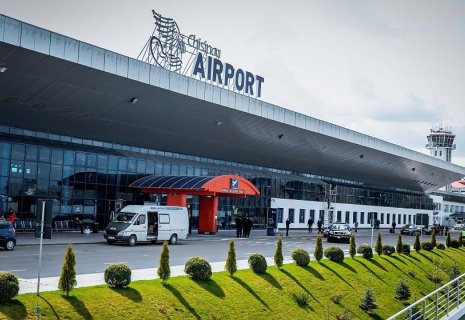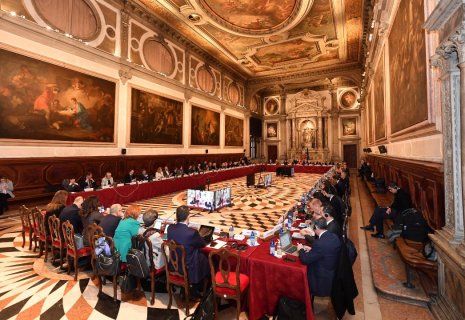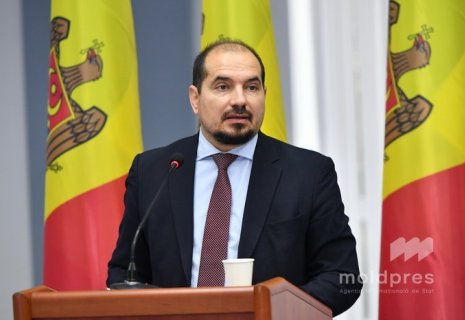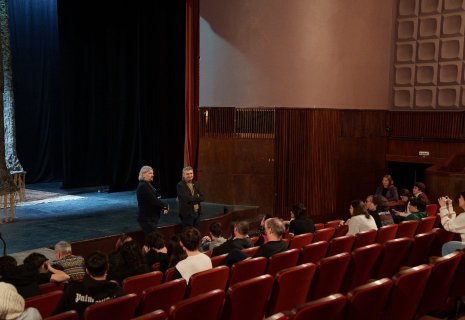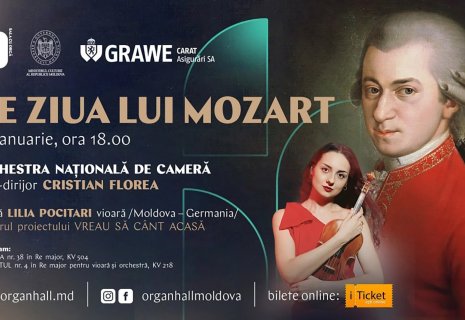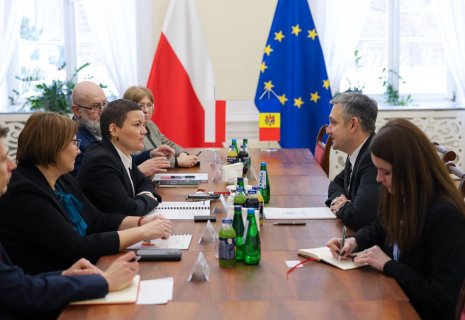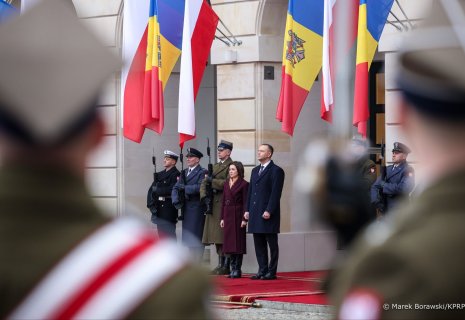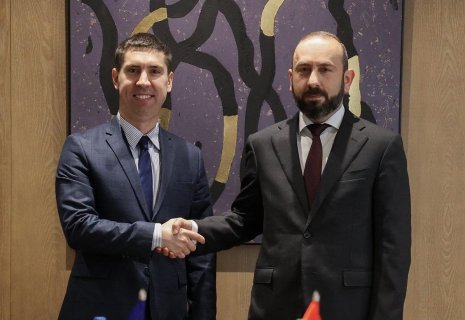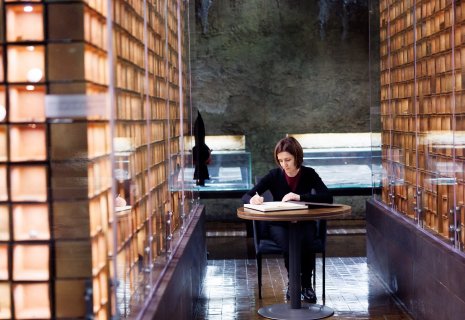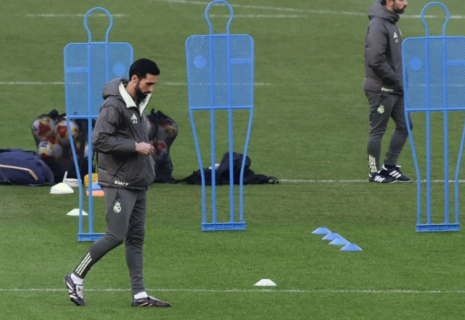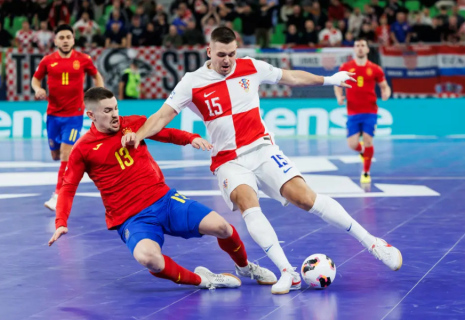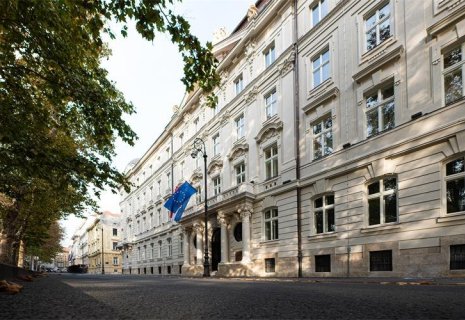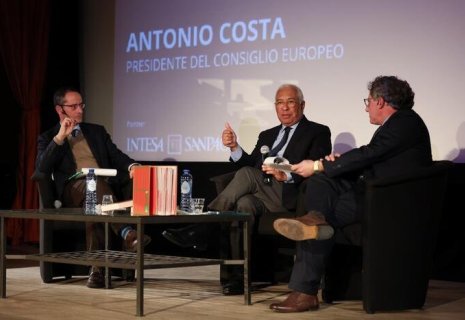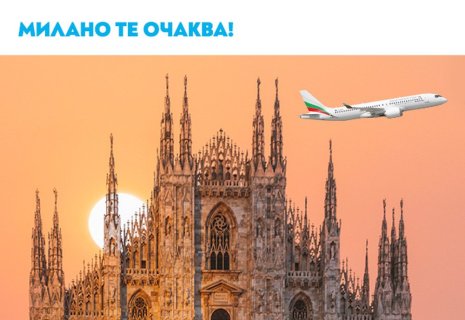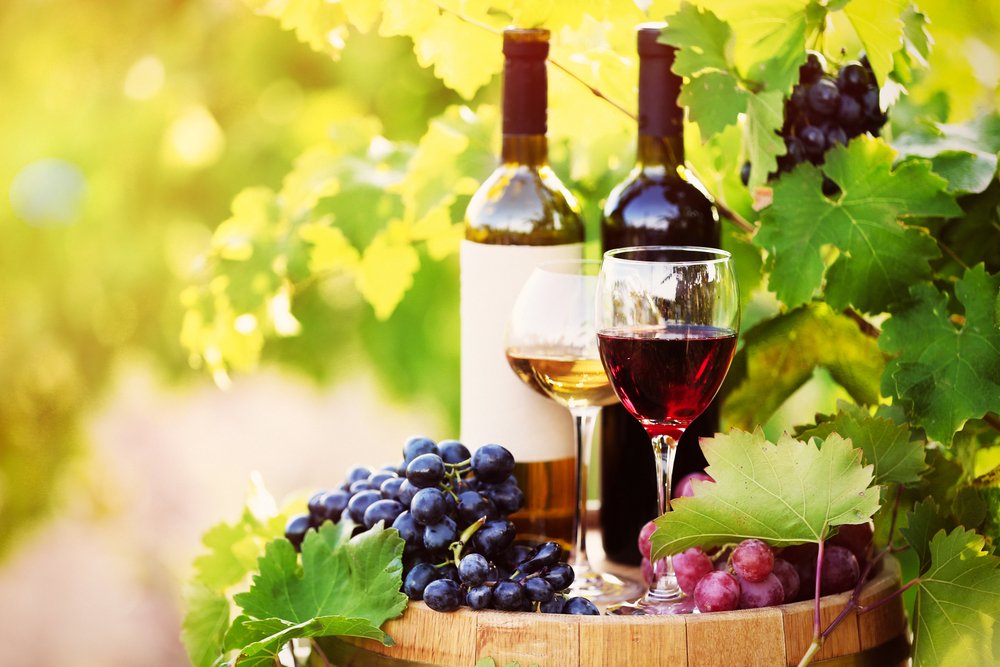
Moldovan wines: national symbol of heritage and excellence
Moldova, a small but vibrant country in Eastern Europe, holds a rich and proud tradition in winemaking, making it not just a local craft but a true symbol of national identity. Moldovan wines have gained worldwide attention for their quality, history, and cultural significance, putting the country on the map as one of the world's leading wine destinations. This article explores the heritage, unique grape varieties, winemaking techniques, and cultural importance that make Moldovan wines a national treasure, CE Report reports.
A Historical Legacy of Winemaking
The roots of Moldovan viticulture date back over 5,000 years, with archaeological evidence of wine production from ancient civilizations such as the Dacians and Romans. The fertile soil and temperate climate of Moldova, combined with its ideal location between the Prut and Dniester rivers, make it a perfect environment for growing a variety of grape species. This geographical advantage has allowed Moldova to cultivate diverse vineyards and develop winemaking as an integral part of its cultural and economic life.
During the Soviet era, Moldova became a key wine producer within the USSR, with vast areas devoted to vineyards that supplied wine to the entire union. While this period was a time of mass production, it also helped Moldovan winemakers refine their techniques. After gaining independence, Moldova embraced its winemaking heritage, focusing on quality over quantity, and its wines have since risen to compete on the global stage.
Unique Grape Varieties and Indigenous Wines
One of Moldova’s claims to fame is its unique grape varieties, many of which are indigenous to the region. These local grape types contribute to the country's distinctive wine profile, setting Moldovan wines apart in the international market. Notable varieties include:
- Rara Neagră: Known for its light, fruity flavor and soft tannins, this red grape is often blended with other varieties to create harmonious, well-balanced wines.
- Fetească Neagră: A native red grape with a bold character, it is known for its dark berry flavors, full body, and notes of plum and spice.
- Fetească Albă and Fetească Regală: These are white grapes with floral aromas and a delicate taste, often used in both still and sparkling wines.
These indigenous varieties, coupled with popular international grapes like Cabernet Sauvignon and Merlot, allow Moldovan winemakers to experiment with blends, creating a wide array of wines that reflect the country’s unique terroir and winemaking traditions.
Winemaking Regions and Techniques
Moldova has three main wine-producing regions: Codru, Valul lui Traian, and Ștefan Vodă, each offering unique terroir characteristics that contribute to the complexity of Moldovan wines.
Codru: Known as the “heart of Moldovan winemaking,” Codru is the most significant region, especially known for its white wines. Its temperate climate and rolling hills provide excellent conditions for aging wines in underground limestone cellars.
Valul lui Traian: Located in the southern part of Moldova, this region is renowned for its red wines. The warmer climate and sun exposure make it ideal for cultivating robust red varieties, which are often rich in tannins and have a complex structure.
Ștefan Vodă: Near the Black Sea, Ștefan Vodă is a region that produces some of the country’s finest wines. The maritime influence here helps develop rich, aromatic wines with a distinctive character.
Moldovan winemakers employ traditional and modern techniques, balancing innovation with deep-rooted heritage. The use of underground cellars, such as the famous Cricova and Milestii Mici wineries, offers ideal conditions for aging wines in a way that enhances flavor and aroma complexity.
The Cultural Significance of Wine in Moldova
In Moldova, wine is more than just a beverage; it’s a cultural symbol and an integral part of social and religious traditions. Many Moldovans still produce wine at home, following recipes that have been passed down through generations. Wine is central to major celebrations and holidays, where it’s enjoyed as a symbol of hospitality and friendship.
The annual National Wine Day, held every October, is a highlight of Moldova’s cultural calendar. This festival celebrates the winemaking industry with tastings, tours, and traditional dances, attracting both locals and international visitors. National Wine Day is a vibrant showcase of Moldovan pride and an opportunity for the country to present its wines to a global audience.
Global Recognition and Future Prospects
Moldovan wines have been gaining international recognition in recent years, winning awards at prestigious competitions and expanding exports to new markets. With sustainable practices and a commitment to quality, Moldova has been able to re-establish itself on the global wine map. Organizations like Wine of Moldova, supported by the government, have promoted Moldovan wines abroad, contributing to the country’s economic growth.
As demand for Moldovan wines grows, the country’s winemakers are focusing on sustainable practices, preserving indigenous varieties, and promoting enotourism. Moldova’s wine routes attract wine enthusiasts from around the world, offering them a chance to explore vineyards, taste unique wines, and immerse themselves in the country’s rich winemaking heritage.
Conclusion
Moldovan wines are more than just a product—they are a true national symbol that represents the country’s history, culture, and spirit. With a unique combination of ancient traditions and modern techniques, Moldova’s winemakers have carved out a distinctive place in the wine world. Whether through indigenous grape varieties or the warmth of Moldovan hospitality, these wines continue to bring people together, fostering pride and celebration of Moldova’s national identity.

